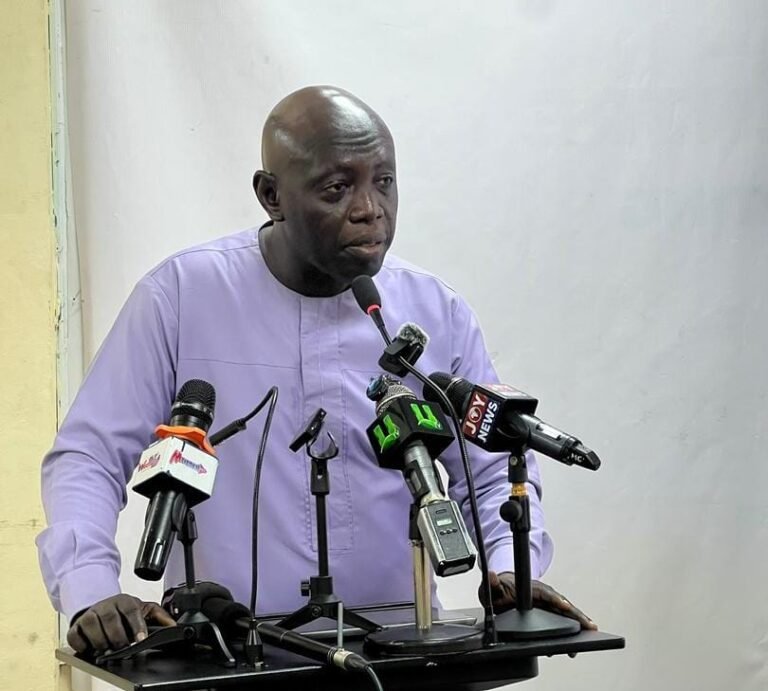
Razak Kojo Opoku, Founder and President of CVM
Ghana’s digitalization agenda, spearheaded by Vice-President Mahamudu Bawumia, has been hailed as the country’s most impactful and revolutionary policy since independence. According to the founder and president of Concerned Voters Movement (CVM), Razak Kojo Opoku, while policies such as “Free SHS, One-District-One-Factory, NHIS, Planting for Food and Jobs and others are very revolutionary and successful…, the most revolutionary, technological masterpiece and impactful policy of Akufo-Addo’s government is the digitalization programme.”
“Successive governments have rolled out a number of good policies and programmes since independence, all aimed at transforming the economy and positively changing the lives of Ghanaians. The industrial, energy and education programmes of Kwame Nkrumah were top-notch,” he said.
Technology
In a statement copied to the Daily Statesman, Mr Kojo Opoku indicated that the most expensive resource in this modern world is technology driven by digitalization, saying advanced economies are solidified by technology more than natural resources.
He explained that the Akufo-Addo government has been able to add digital meaning to the economic management of Ghana by ensuring that the Ghanaian economy is formalized through digitalization and digitization.
He stated that the country was lagging behind in the digitalisation revolution happening in the world until the Akufo-Addo government took over and handed the country’s economic management to the Vice-President.
Successes
“Dr Bawumia has undertaken and continues to undertake various digital initiatives aimed at enhancing the harmonization and standardization of the entire architecture of the Ghanaian economy.
“The effective and efficient way to revenue mobilization by government, and expansion of the tax net to include the informal sector of the economy is through digitalization and digitization. Successful implementation of digitalization and digitization policy would automatically lead to less borrowing and debts servicing,” he said.
He explained that the digitization programme of government has enhanced competitiveness of the Ghanaian economy and marketplace, especially with the mobile money interoperability project.
He further added that the country’s digitalisation revolution such as the biggest medical drone delivery system, the paperless Port System, which has reduced the cost of doing business at the ports, the Integrated e-immigration system, the e-procurement, e-Parliament, e-justice, e-cabinet as well as the integration of the government databases, which used to be scattered around, are visionary.
Mr Kojo Opoku also listed some of the achievements of the digitalisation agenda such as the Ghana.gov digital payment platform, which provides a single point of access to all services of ministries, agencies and departments of Government; the National Digital Property Addressing System, which helps to provide a unique permanent digital address linked to postcodes; digitalization of the flagship product of the National Lottery Authority(NLA) through the operations of *959# Short Code among others.
He indicated that these have helped government to expand access to revenue collection, fight against corruption by reducing human interface in the administration, operations and transactions of public service delivery; ensured transparency, probity and accountability; formalized the Ghanaian economy and ensured effective security and safety of Ghanaians.





